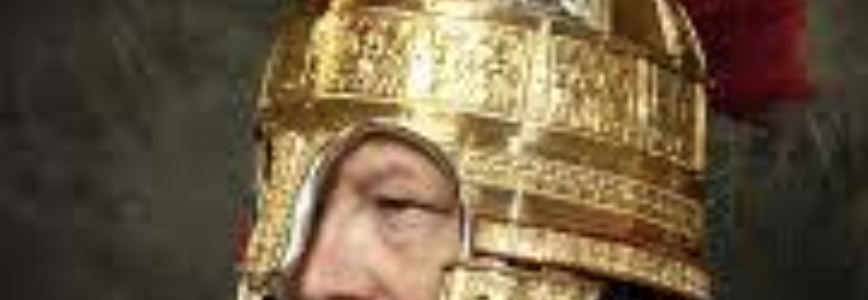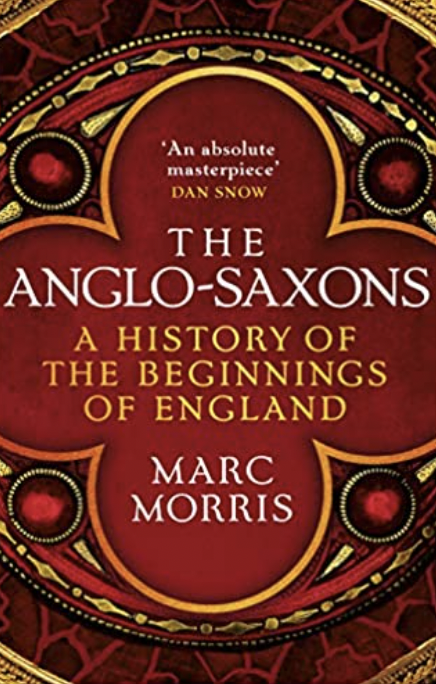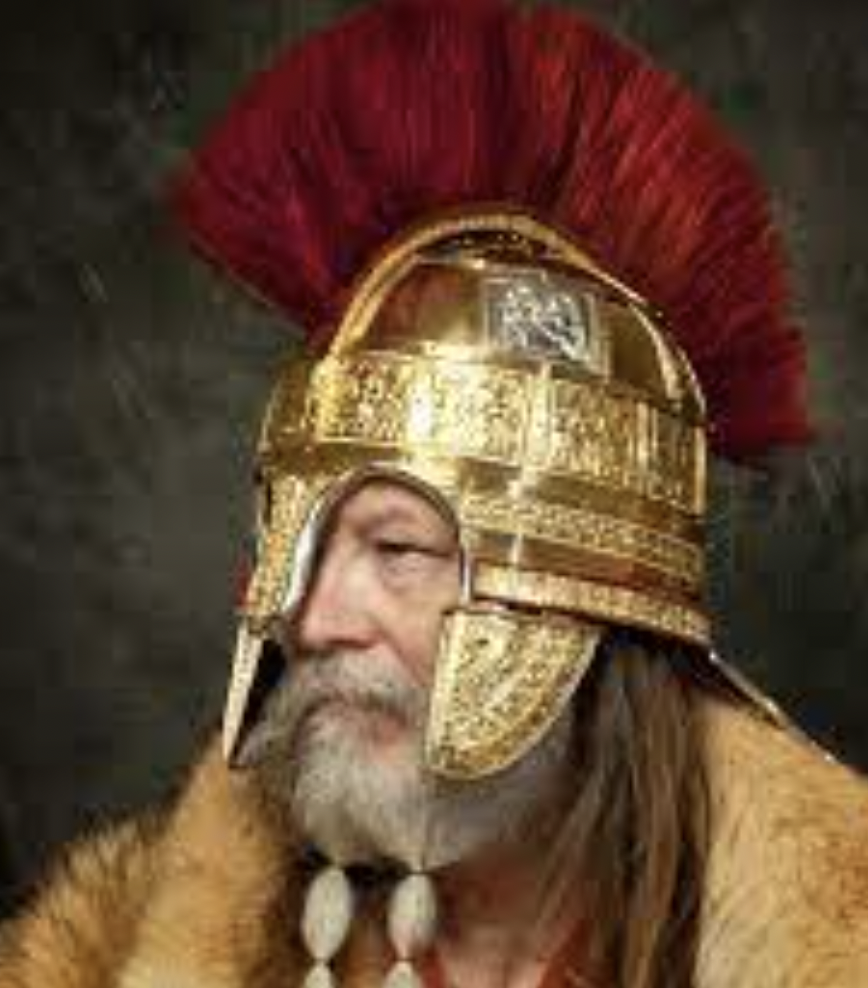
Birth of England



Over seven centuries, the Anglo-Saxon period has attracted a huge amount of mythmaking and a formative time for English society.
Between fifth and 11th century , many things took shape start are still recognisable as those the Anglo-Saxons knew; the English language, the settlement of most of our towns and cities, the monarch, the national church, and the Kingdom of England itself.Marc Morris fiercely scrutinises English identity and takes us through centuries of immense political change, telling how an assortment of settler communities in a post-Roman wasteland arriving in Britain from Northern continental Europe developed by generations of warfare- into an administratively sophisticated, cultured, and unified kingdom.
The establishment of Christianity in the seventh century is told through the life of the combative bishop Wilfrid – cosmopolitan in outlook, but impressive in making making enemies.The eight century is the time for expansionist offa , King of Mercia, building a hard border against the Welsh with his famous Dyke,, the slow growth of English identities tracked through the lives of Alfred the great and his descendants as the centre of political gravity moved, to the south of England.
Sixteen hundred years ago, Britain left the Roman Empire and swiftly fell into ruin, grand cities and luxurious villas were deserted and left to crumble, as civil society collapsed into chaos into this violent and unstable world came foreign invaders from across the sea, and established themselves as new masters.
Morris explains how the earliest rulers fought relentlessly against each other for glory and supremacy, and then were almost destroyed by the onslaught of the Vikings. They abandoned their old gods for Christianity established hundred of churches and created dazzlingly intricate works of art. It also charts the revival of towns and trade, and the origins of a familiar landscape of shires, boroughs and bishoprics.
King Offa , Alfred the Great and Edward the Confessor, Ambitious queens, n revolutionary saints, intolerant monks and grasping nobles.
Morris separates the truth from the ;legend and tells the extraordinary story of how the foundations of England were laid.
Morris says there are few Anglo-Saxon women including AEthelthryth better known as Etheldredra of Ely, who founded a major religious house, and headed a network of prominent women whose influence spread across seventh century Church of England.
Morris also focuses on the deeds of Kings and bishops, with much briefer treatment of the wider intellectual, literary or cultural environment of Anglo-Saxon England. Despite the myth that these were the “Dark Ages”, the aspects of Anglo-Saxon history, there is much more that could be said about the lives of those outside the political elite, such the period’s rich poetic traditions.
The Anglo-Saxons: A History of the Beginnings of England by Marc Morris, Hutchinson £25, 508 pages.
